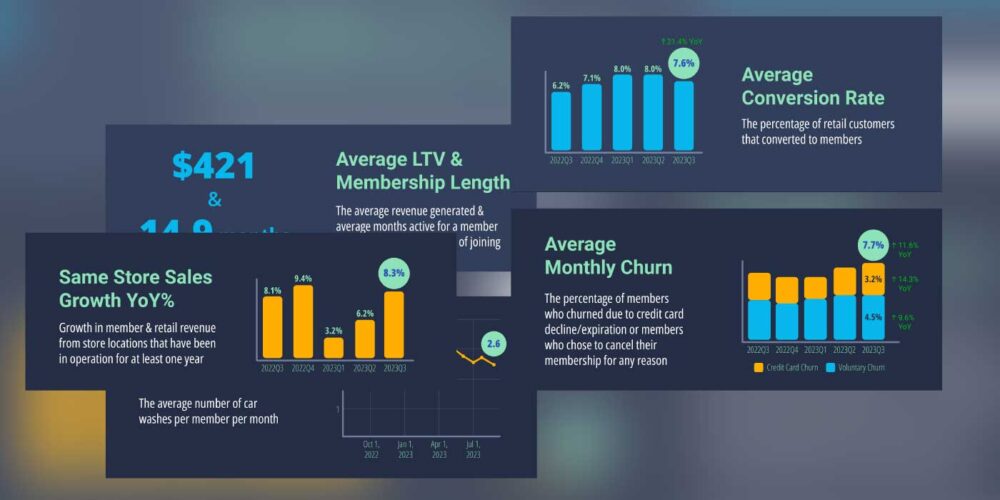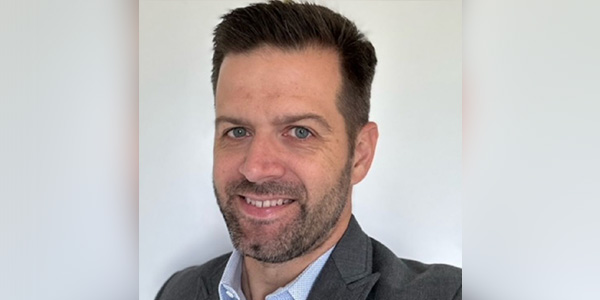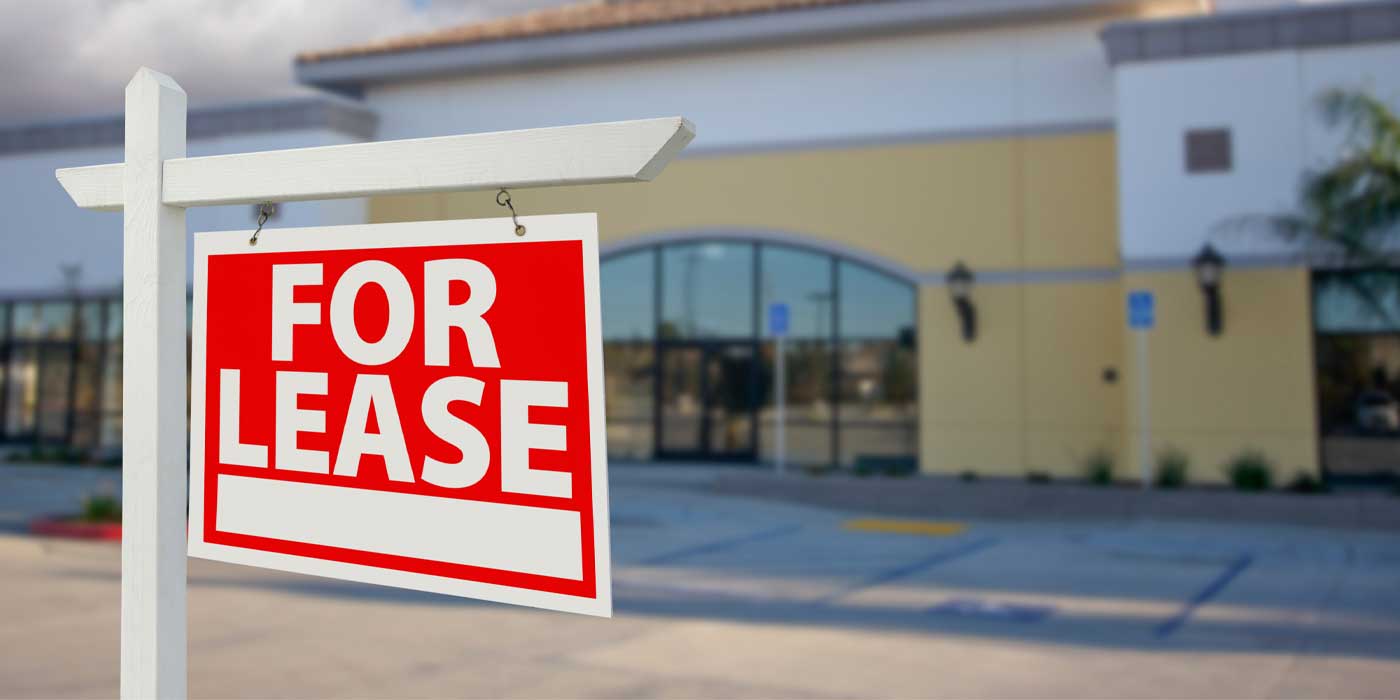Hiring, firing, employee evaluations, compensation, family leave, job descriptions, etc.
These human resources decisions have a huge impact on your employees, their productivity and their welfare. They can also become a breeding ground for complaints and claims for wrongful employment practices, and these claims can be disastrous to your business. Having the proper employment practices liability insurance (EPLI) can give your business the protection it needs.
Prepare and prevent
Employee lawsuits aren’t just a risk for large corporations. Small and mid-sized businesses are just as likely to have an employment claim filed against them as their large, corporate counterparts. Carwashes are especially vulnerable to employment practices claims due to the nature of the work. Additionally, because most carwash businesses lack the formal legal or human resources departments to guide them through the federal and state regulations that can put them at risk, navigating these situations can be particularly challenging.
Don’t think you need it?
Carwash owners often disregard EPLI coverage because they don’t think their employees would sue them. Even if your carwash operates like a family business, issues can still occur. With the range of complex laws, rules and regulations, not having EPLI coverage could end up costing your business if an employee brings legal action upon it for violating his or her rights.
You can spend thousands of dollars, or even millions, to defend an employment practices claim, even if a lawsuit is groundless. Many businesses wind up settling the claim simply to put an end to the expense and disruption, and some must close their doors entirely.
The good news? There are ways to protect your business.
EPLI versus wrokers’ compensation
Generally, workers’ compensation insurance covers physical illnesses and injuries while EPLI protects your business if an employee or prospective employee alleges that his or her rights are violated. EPLI covers legal defense costs and judgments up to specified policy limits.
Five basic steps to reduce workplace claims
Document
If your company doesn’t have an employee handbook, create one. What it contains depends on your company’s size, unionization status, industry and professional versus service composition, among other factors. Some key things to include are:
• An equal employment opportunity policy
• A no-harassment policy
• An internal procedure for employees to follow if they have a workplace complaint
• An employment-at-will policy
• A code of ethics
• A social media policy
• A Family and Medical Leave Act policy.
Distribute
If a claim arises, an employee handbook can provide evidence that your company has made a good faith effort to follow policies that promote fairness and equity among employees. After you’ve created your handbook, be sure to do the following:
• Give all employees a copy of the handbook
• Require they sign a notice of receipt.
Train
Supervisors and managers should periodically receive instruction on workplace issues, such as:
• Managing difficult employees
• Employee complaints
• Terminations
• Reassignments
• Procedures to handle complaints about harassment or discrimination in the workplace.
Communicate
Clearly communicate all zero-tolerance policies with employees that involve:
• Substance abuse
• Harassment
• Discrimination
• Other workplace exposures
• Sound policies promote fairness among employees and may serve as a defense in a lawsuit.
Check your coverage
EPLI is an essential policy that will protect your business against employee lawsuits. Despite the high probability of a suit occurring, many carwash businesses choose not to purchase EPLI because they believe their workplace exposures to employee suits are covered under other policies they have — they’re not. EPLI provides:
• Valuable protection against claims for allegedly wrongful employment practices
• Expert support for legal and claims representation
• Deductibles, differences in coverage provisions and exclusions can greatly affect the cost of coverage and need to be tailored to an individual company’s needs.
EPLI snapshot
EPLI protects owners, managers, supervisors and employees against a wide variety of claims, including:
• Discrimination (based on gender, race, age or disability, for example)
• Harassment
• Retaliation
• Wrongful discipline
• Failure to promote
• Wrongful termination
• Unfair hiring practices
• Defamation among other wrongful employment-related issues.
A costly scenario
No organization is immune when it comes to employment practices liability. Here are real-life examples of just how costly they can be. Seventeen carwash employees filed lawsuits against a Chicago carwash operator. The workers claimed they were paid below the minimum wage rate for tipped employees and were never paid overtime wages despite regularly working more than 40 hours each week. The employees quickly
reached early settlements, costing the owner $725,000.1
As a part of the biggest per-worker recovery in the carwash industry, 18 immigrant carwash employees in New York and New Jersey received more than $91,000 each. The agreement awarded the final part of a $1.65 million settlement to 18 workers who were earning less than $20,000 a year at four carwashes.2
Wage and hour claims
Some EPLI policies don’t cover wage and hour claims. Employees can sue their employers for not allowing proper breaks, not paying for overtime and other related issues as seen in the scenario above. Speak to your insurance professional to ensure your EPLI policy covers this important issue.
COVID-19 related claims
An unprecedented pandemic brought unprecedented concerns and EPLI claims. It’s important to tread carefully and follow the rules when it comes to protecting an employee’s vaccine status and exemptions. Employees can sue employers for enforcing COVID-19 vaccinations under claims for discrimination, religious discrimination for those who hold strong religious beliefs and discrimination against disability for those who have health exemptions.
Managers must also be careful and not disclose an employee’s vaccination status — outing an employee’s status is in violation of the ADA (Americans of Disabilities Act).
Employers are not allowed to ask their employees if they are vaccinated in interviews as this can be another claim for discrimination or unfair hiring practice.
Sources:
1 https://www.nolanwagelaw.com
2 https://www.reuters.com
Sam Furno has been in the carwash industry for more than 22 years and is a former full-serve owner/operator. He is first vice president with Alliant Insurance Services and leads the Western Carwash Insurance Program (WCIP), established in 1994. WCIP is part of Alliant, among the top 10 largest insurance brokerage firms in the nation and offers carwash insurance programs throughout the U.S. Feel free to contact Sam at [email protected] or call direct 916-210-0311.














